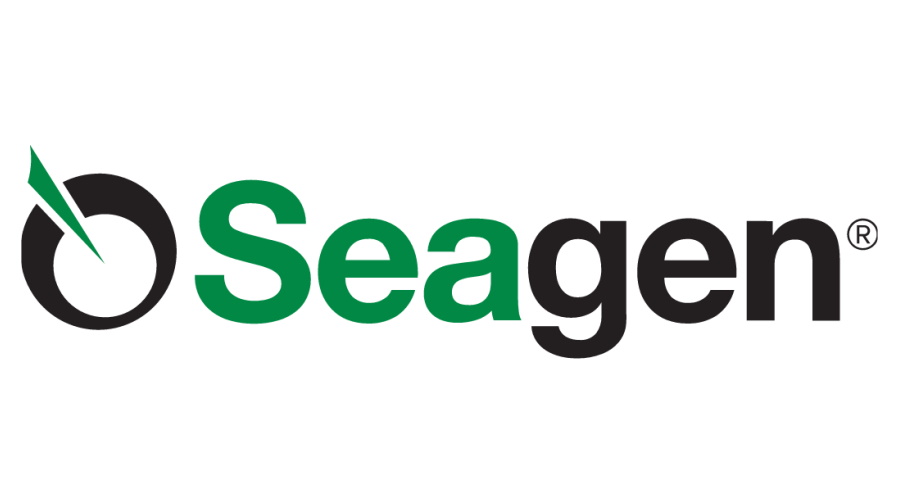Seagen's breast cancer drug Tukysa turned down by NICE

NICE has decided not to recommend Seagen's orally-active HER2 inhibitor Tukysa for advanced breast cancer in draft guidance, saying it isn't a cost-effective use of NHS resources.
Tukysa (tucatinib) was approved by the UK Medicines and Healthcare products Regulatory Agency (MHRA) in February as a third-line treatment for HER2-positive breast cancer, shortly after it was given a green light by the European Commission.
The drug's label calls for its to be used in combination with anti-HER2 antibody trastuzumab and chemotherapy capecitabine in patients treated with two prior anti-HER2 regimens.
In a statement, NICE said that its cost-effectiveness estimates for Tukysa are higher than it normally accepts within the more generous measures it applies to end-of-life treatments.
The draft guidance is open for comments until 16 November, and NICE is scheduled to complete its appraisal towards the end of December.
Around 400 people in England and Wales would be eligible for treatment with the drug if Seagen and NICE can reach an agreement on access to Tukysa, for example if the company offers an additional discount.
"Clinical trial evidence shows that tucatinib combination increases the time people have before their cancer gets worse and how long they live compared with trastuzumab with capecitabine," notes the draft guidance.
"However, trastuzumab with capecitabine is not standard care in the NHS," it continues, as most patients are treated with chemotherapy based on capecitabine, vinorelbine and eribulin.
While comparing the Tukysa-based regimen indirectly with this chemo combination suggest it may increase the time it takes for the cancer to progress or for patients to die, "the extent of benefit is uncertain," according to the health technology assessment (HTA) organisation.
According to Seagen – known as Seattle Genetics until a name change last year – Tukysa is the first HER2 tyrosine kinase inhibitor shown to improve overall and progression-free survival (PFS) in previously treated HER2-positive breast cancer.
It is the third oral HER2 drug to be approved for use in the UK and Europe after Novartis' Tyverb (lapatinib) and Puma Biotech/Pierre Fabre's Nerlynx (neratinib).
It could however be the first with a chance to generate blockbuster sales, according to analysts – assuming of course Seagen can secure reimbursement status in key markets.
Analysts at Leerink have previously suggested it could become a $1.6 billion product at peak, mainly because its ability to treat tumours that have spread to the brain could help it capture market share from other HER2 drugs like Roche's antibody-drug conjugate (ADC) Kadcyla (trastuzumab emtansine).













